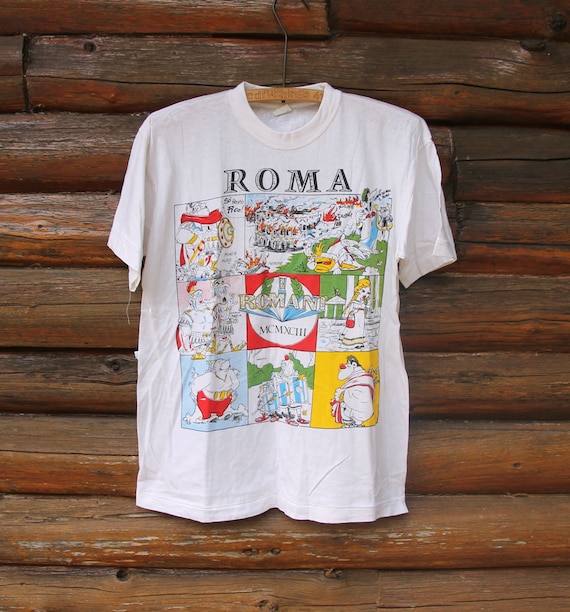
“The Promise” was initially released as a 12-inch record and quickly drew attention in the States, with it topping the Billboard Hot Dance/Club Play Songs chart. But, five years later, when it all exploded, I realized that the nature of the song and its low and high vocals made it feel like it should be sung in a Gothic cathedral, allowing a hymn to be sent to the Gods.” “I remember speaking with our producer, Ben Rogan, about this during the recording. “I guess what made “The Promise” so special was my (at the time) insane Linn Drum programming and Roland SH101 bass line coupled with the verse and chorus melodic vocals,” the singer wrote in his book, Confessions Of a One Hit Wonder: “The Promise” … And The Aftermath. The track featured a Roland SH-101 keyboard, a Roland RE-501 loop echo, and, most importantly of all, a LinnDrum machine.

“You know in the end, I’ll always be there”), the songwriter thought its words were “a little odd.” “Especially the words, ‘I’ll make you fall for me,’ because it is, of course, strange to say that you are going to make someone fall for you,” he explained.įarrington found something unique in the instrumentation When In Rome used on “The Promise,” too.

I then flowed into the chorus part and wrote the lyrics down.”Īlthough the song has become something of a wedding staple thanks to its committed lyrics (“If you need a friend, don’t look to a stranger,” Farrington sings in the first verse. “This was the intro piano part for ‘The Promise.’ Mike played it over and over, and I then sang the first verse melody over the top of a basic C chord. “I’d had this tune in my head for a long while and hummed a basic melody to Mike,” Farrington said in an interview years later. After writing the first verse and the chorus, he asked Mann to write the final parts. One night while jamming on ideas, Floreale was experimenting with some melodies and chords, when Farrington joined him and started singing along. But it was in that cramped shed that their biggest hit would come to life.

Although it had been converted into a studio, it was far from an ideal recording space – free space was such a rare commodity that the trio had to attach their keyboards to the walls vertically. The fledgling groups then started working on music in the garden shed in Farrington’s dad’s garden.

When In Rome first formed when singer Clive Farrington enlisted keyboardist Michael Floreale and beat poet Andrew Mann to join him in a band after his previous venture, Beau Leisure, called it a day. Their debut single, “ The Promise,” released in 1988, not only became a hit back when it was first released but has experienced two resurgent moments in the decades since, cementing its status as an 80s pop classic. Out of humble beginnings, the British 80s trio When In Rome created something with lasting impact.


 0 kommentar(er)
0 kommentar(er)
